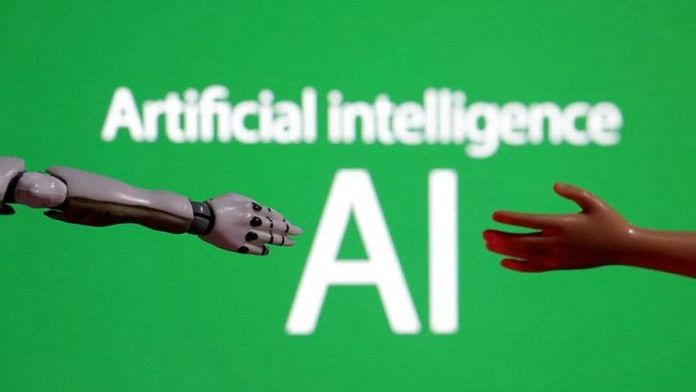Economic theories since the time of Scottish economist and philosopher Adam Smith have always assumed human labour to be an essential part of productive techniques. In classical economic theories, all productive processes could be reduced to direct and indirect labour time alone. In other words, classical theories, including Marx’s, would evaporate into thin air with the disappearance of labour from the process of production.
The modern or neoclassical production function is also built on the premise that labour and capital constitute the two basic factors of production with substitution possibilities between the two. Both classical and neoclassical economics willy-nilly maintain that the equilibrium of the economy ensures ‘full employment’ of labour—thus, unemployment is not a serious theoretical problem to be concerned with. The Keynesian theory, on the other hand, makes unemployment its central concern and tries to provide measures to solve the problem.
Essentially, all the dominant economic theories don’t even allow for the possibility of production of commodities without human labour. But that is exactly the scenario that is haunting our contemporary world—wide scale use of robots and Artificial Intelligence (AI) in production processes is making the prospect of production without the involvement of human labour quite palpable.
Cure ignores the malady
Upon envisioning this possibility, we must recognise that we cannot turn to the dominant economic theories for guidance. Only an obscured economic theory propounded by Italian economist Piero Sraffa in 1960 allows for a labour-less economy with a finite rate of profits and prices. Of course, the eventual removal of human labour from the production process won’t happen overnight. Most likely, one consequence of such a dynamic is going to be widespread and persistent unemployment, particularly among the unskilled labour force.
The old-school economists will go to their old books—the orthodox or the neoclassical types would see it as a structural readjustment problem and recommend that governments should invest in retraining the unemployed workers in the industries where new jobs are coming up; whereas the Keynesians would see it as a lack of aggregate demand problem and recommend expansionary fiscal and monetary policies. Some may even argue for a full-employment guarantee by the government.
Practically minded economists and politicians would propose a beggar-thy-neighbour policy—offer all kinds of concessions to attract capital to one’s country from the rest of the world, ultimately strengthening the hands of the international capital vis-à-vis sovereign countries. Governments would likely follow a melange of all these recommendations, and some may succeed partially for a while or fail measurably since the cure does not recognise the malady.
Some may argue that the fear of machines taking jobs away from humans has existed at least since the early 19th century Luddites. However, machines have historically increased productivity and income and consequently have created enough new jobs to prove the Luddites wrong. This time around, a massive shift in the energy base of the economy may create enough new jobs, averting such a persistent structural problem for the time being. However, we cannot be sure of that. This story may unfold differently because this time, the pace of change may be too rapid and far-reaching for the labour force to keep up with.
Also read: Global policymakers don’t understand AI enough to regulate it. Tech companies must step up now
Threat to democracy, market economy
More importantly, for labour employment to keep up with increasing productivity implies rising consumption and investment, which always comes at the cost of the environment in one way or the other. Thus, it rebounds on the environmental problem. We should, however, also recognise that the total hours of employment per worker have been on a steady decline for a long time. If we follow the graph, it tends to zero at some future date.
Therefore, there is nothing new in the present scenario, except that the pace of change may increase dramatically. A fall in hours of work per worker with fixed real wages amounts to an increase in hourly wages and wage costs for the employer. This, in turn, incentivises the replacement of labour with machines. Against this backdrop, perhaps we need to think about an economy and a lifestyle that maintains a certain level of consumption, defining a ‘good life’ for a society, while reducing work hours or increasing leisure time along with rising productivity.
Although the potential of AI to improve the human condition may be very high, it cannot be denied that AI—along with ‘big data’—is likely to increase the concentration of both economic and political power in very few hands. Potentially, it threatens both democratic polity and the competitive market economy as we know it. Are we preparing ourselves against all the serious ramifications of the new technology that is looming on the horizon? A case for a basic minimum income guaranteed by a democratically elected government becomes relevant in this context.
Ajit Sinha is professor of economics at the Thapar School of Liberal Arts and Sciences.Views are personal.
(Edited bt Ratan Priya)



